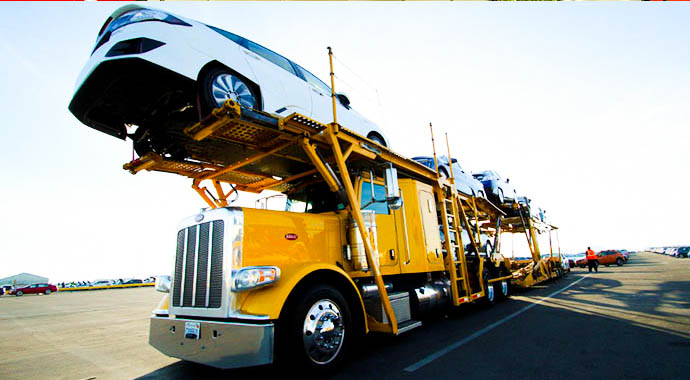In the vast and interconnected web of the automotive industry, one crucial aspect often overlooked by the average consumer is the intricate system of car transporters. These behemoths of the road play a pivotal role in ensuring that vehicles reach their destinations safely and efficiently. In this blog, we delve into the fascinating world of car transporters, exploring their types, functions, and the challenges they face in the ever-evolving landscape of transportation.
Types of Car Transporters:
- Open Car Transporters:
- The most common type, open car transporters are easily recognizable on highways, carrying rows of vehicles exposed to the elements. While cost-effective and efficient, they leave the transported cars vulnerable to weather conditions.
- Enclosed Car Transporters:
- Offering a higher level of protection, enclosed car transporters shield vehicles from external elements such as rain, snow, and road debris. This option is often preferred for transporting luxury, vintage, or high-value vehicles.
- Multi-Carriers:
- These transporters are designed to carry multiple vehicles simultaneously, optimizing space and fuel efficiency. Multi-carriers are commonly used for short to medium distances and are a cost-effective solution for bulk transportation.
Functions of Car Transporters:
- Nationwide Vehicle Distribution:
- Car transporters serve as the arteries of the automotive industry, distributing vehicles from manufacturing plants to dealerships across the country. This ensures a seamless flow of inventory to meet consumer demand.
- Relocation Services:
- Individuals or businesses moving across the country often rely on car transporters to safely transport their vehicles. This service is convenient for those who prefer not to undertake the long drive themselves.
- Online Vehicle Purchases:
- With the rise of online car sales, transporters play a critical role in delivering vehicles directly to buyers’ doorsteps. This has revolutionized the way people buy and sell cars, eliminating geographical constraints.
Challenges Faced by Car Transporters:
- Logistical Complexities:
- Coordinating the movement of thousands of vehicles across vast distances requires meticulous planning. Transporters must navigate through various regulations, traffic conditions, and unforeseen obstacles to meet delivery deadlines.
- Environmental Concerns:
- Open car transporters contribute to carbon emissions, raising environmental concerns. The industry is exploring sustainable alternatives, such as electric or hybrid transporters, to reduce its carbon footprint.
- Security and Safety:
- Ensuring the safety and security of transported vehicles is a constant challenge. Transporters must employ advanced tracking systems, secure loading practices, and insurance protocols to safeguard against theft or damage.
Conclusion:
In the ever-expanding automotive landscape, the role of car transporters remains indispensable. These colossal vehicles silently traverse the highways, connecting manufacturers, dealerships, and consumers, shaping the way we access and acquire vehicles. As technology advances and environmental consciousness grows, the world of car transporters is bound to undergo transformative changes, but their significance in the automotive supply chain will endure, steering the industry towards a future of efficiency and sustainability.
